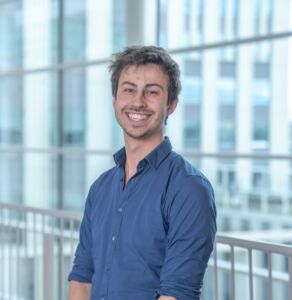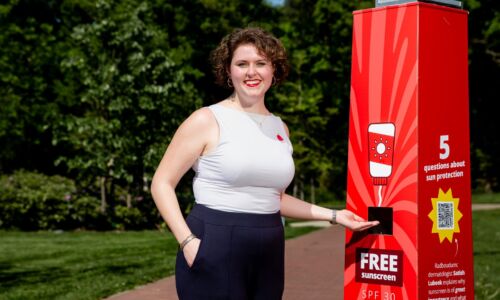Hierarchy at the university (1): ‘PhD candidates often do not dare to speak up’
-
 Illustratie: Ivana Smudja
Illustratie: Ivana Smudja
Should everyone, from assistant to full professor, be given the title of ‘professor’? Is today's university too hierarchical? Five researchers shine their light on power relations on the Nijmegen campus. Part 1: Jurgen Moonen, chair of PhD Organisation Nijmegen

‘As PhD candidates, we are kind of at the bottom of the hierarchical ladder. Radboud University applies the Four Eyes Principle: all PhD candidates have two supervisors on paper. One is always a professor, the other usually too; sometimes they are an associate professor. In practice, the supervision of a PhD candidate is often done by just one person, which leaves many PhD candidates in a vulnerable position.
If a PhD goes well, that’s not a bad thing. But when problems arise, especially with a supervisor, that dependence on one person quickly becomes a problem. Especially if you want to stay in academia, a good reference from your PhD supervisor is often crucial.
When PhD candidates face abuse of power, harassment, or sexually transgressive behaviour, they are often afraid to speak out. Filing a complaint is difficult because it can quickly be traced back to the PhD candidates. The PhD supervisors often know each other well, so if you get into trouble with one, you usually cannot discuss it with the other.
With PhD Organisation Nijmegen (PON), we therefore advocate for at least two actively involved supervisors per PhD candidate, who are also independent of one another. For example, by adding an extra supervisor to a two-person PhD supervision team, you can better distribute supervision and reduce dependency.
Moreover, it also makes it easier to add an assistant professor, who is often a bit younger, to the team. If you are only supervised by professors, there is always a bigger gap. Some professors supervise up to 30 PhD candidates – on paper, that is, because they clearly don’t have time to do it all.’



